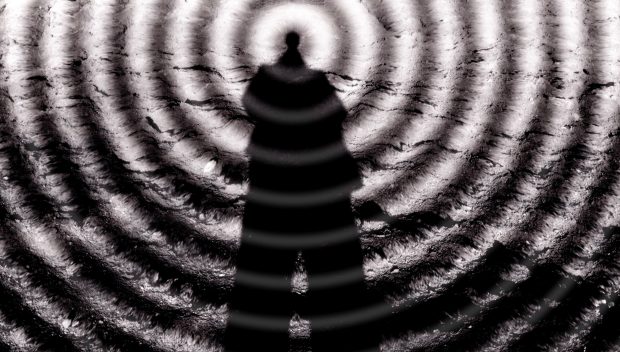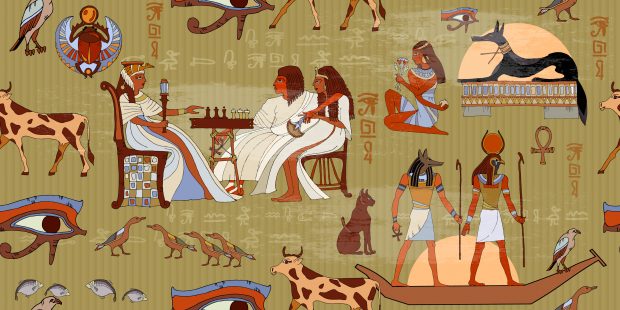When you get into trouble, you call the police.
When the police get into trouble, they call SWAT!
At least that’s how the TV show (from the 70’s) started.
They’ve made a few movies, about SWAT in particular.
But there are endless cop shows.
One of the best TV shows of all time (The Wire) is about cops.
Another one of the best TV shows of all time (The Sopranos) is about criminals.
Seems we are easily entertained by TV shows and movies about cops and robbers.
Or good guys and bad guys.
In fact, all movies and stories need both.
You CAN get away with a movie that only has good guys, and good things, and happy endings, but that’s like eating a bowl of sugar.
It might be a fun thing to do once in a great while, but it’s not something you do every day.
Even music is surrounded by the idea of tension and relief. Chord and discord.
We like those structures for two main reasons.
One, they resonate with us. Every day we have “good parts” and “bad parts.”
If we were to separate the people we deal with, or potentially deal with, we could easily separate them into “good guys” and “bad guys.”
The second reason is that most of the time, the good guys win.
And we like that feeling, even if we know it’s fake.
Because in real life, the good guys don’t always win.
In fact, even if you DID get into trouble, and you DID call the cops, they best they might do is give you paperwork to file with your insurance company.
One of the great promises of an organized society based on laws is that we are protected from the bad guys.
Yet bad guys are everywhere.
And when they come at you with their badness, how do you respond?
If it’s a physical attack, there are plenty of options.
Dial 911.
Run.
Stand your ground and fight.
But what if it’s a verbal attack?
A carefully crafted emotional attack?
In front of others?
These are the hardest to defend against.
At least, they are for most people.
But when you learn the skills of verbal self defense, you can stop them dead in their tracks.
Faster than a spin kick to the head of an attacker.
BAM!
Learn How:









